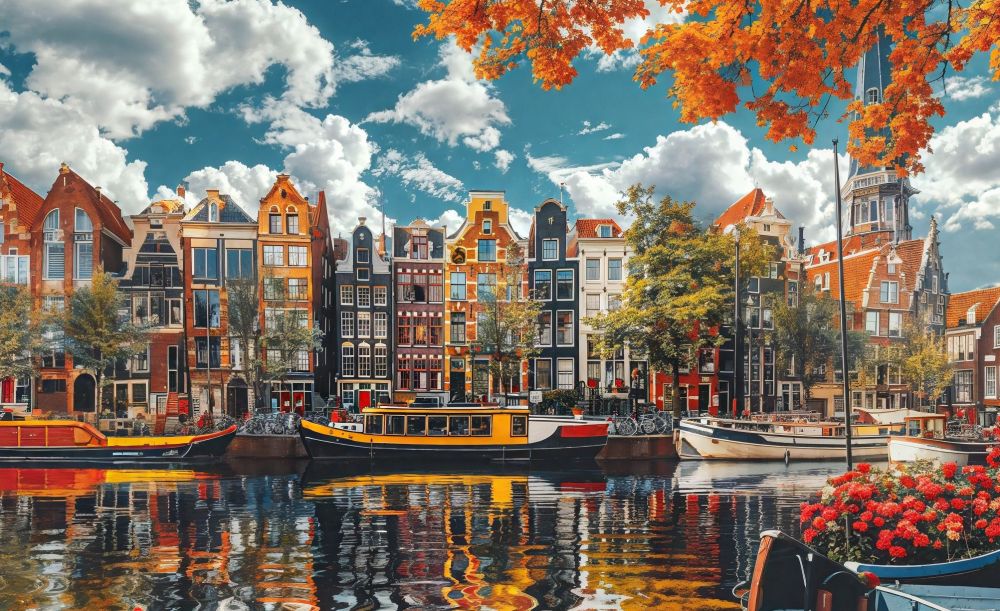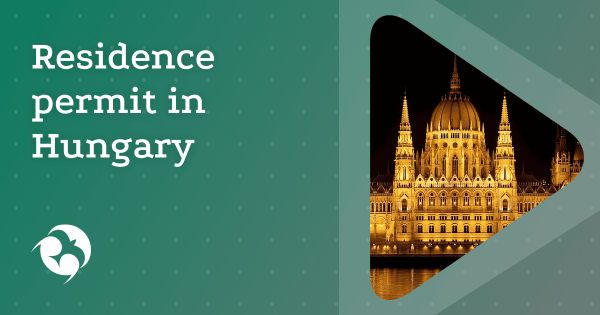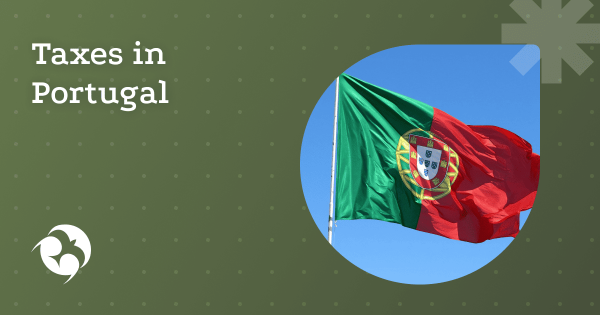There is no official Digital Nomad visa in the country, but for remotely working specialists, the authorities offer an alternative long-term MVV. It is equivalent to a nomad visa and is suitable for individual entrepreneurs, freelancers, and self-employed. Issued to immigrants for 3 years with the possibility of extension if they prove that their activities are of interest to the Dutch ecosystem.
They can interact with legal entities from abroad, freelance to work in local companies and pay taxes on income. Visas are issued at the Embassy of the Kingdom of the Netherlands. The site publishes a complete list of diplomatic missions in Russia and beyond. Upon arrival, the paperwork is handled by the Immigration and Naturalization Service (IND).
The specifics of the Netherlands freelance visa
Holland is a multicultural country in Europe with a high standard of living. A nomad visa for Russians opens access to an organized working environment. Digital nomads in Amsterdam, Eindhoven, Rotterdam, Utrecht, The Hague offer high-speed Internet (80 Mbps), a network of coworking spaces (Space Venu, StartDock, CIC Rotterdam, Workspace6).
Professional digital communities and ample opportunities for cooperation have turned Holland into a prosperous technological center.

- We will answer all your questions
- We will help you choose the best option
- We will guide you through every step or do everything for you
Foreigners working remotely and freelancers can apply for MVV. Candidates for temporary resident status: programmers, technical specialists, marketers, startup founders, and more. The visa implies moving to the country with the family, subject to the provable solvency of the main applicant. Wife/ husband and children submit separate applications.
Issuance of residence permits for third-country nationals is based on a points system. Requirements for self-employed and entrepreneurs differ significantly. To pass the interview, you need:
- education and previous experience;
- work license;
- business presentation with financing of products/services;
- creation of new places of work;
- or proof of freelance work and income.
All indicators are evaluated using a three-point system. In total, the applicant must score 300 points, but 90 points is enough to obtain an immigrant long-term MVV visa. It is issued after registration with the Chamber of Commerce and Industry.
What taxes do freelancers pay?
Residents are charged income tax on a progressive scale. Deduction percentages depend on earnings. Rates are 37.1 – 49.5%.
In 2024, the tax rates for freelancers are as follows:
- With an annual income of up to 38,098 € per year – 9.32%;
- With an income from 38,098 € to 75,518 €, you need to pay 36.97% of the part of the amount that is more
38,098 €; - If the annual income is more than 75,518 €, you will have to pay in excess of 49.50%.
To ease the financial burden, the Netherlands has concluded double taxation agreements with most countries.
Tax table for digital nomads, freelancers, self-employed and sole proprietors
| Tax name | The amount of tax | Note |
| Income Tax (Box 1) | 36.93% (up to €73.031) 49.50% (over€73.031) |
Progressive scale for tax residents (residence for more than 183 days). For non-residents, the tax is levied only on income from Dutch sources. Freelancers and sole proprietors can apply expense deductions. |
| Social Contributions (INPS) | 24-27.5% of revenue | Mandatory for registered self-employed (ZZP) and sole proprietors. A 35% discount is provided for the Forfettario (preferential taxation) regime. Digital nomads without business registration are not required to pay. |
| Value added tax (VAT) | 21% (standard) 9% (reduced) 0% (for export) |
Mandatory for sole proprietors and companies with a turnover of more than 20,000€/year. When registering in the KOR (Kleine Ondernemersregeling) scheme, they are exempt from payment. Freelancers on Forfettario do not pay VAT. |
| Corporate tax (for BV) | 19% (up to 200,000€) 25.8% (over 200,000€) |
Applies to legal entities (private companies). It is not valid for the self-employed and sole proprietors (eenmanszaak). |
| Regional allowances | Up to 2.1% of income tax | Include municipal and provincial fees. The size depends on the place of residence. |
| Business tax | 3.9% | Is charged to companies and sole proprietors with an organizational structure. Does not apply to individual freelancers and those who use Forfettario. |
| Medical fees | 5.43% of revenue | Mandatory for all residents. For the self-employed, they are taken into account when calculating income tax. |
How much does the visa cost?
The cost of Digital Nomad in 2024 for remote workers ranges from €210-444. For each family member, the surcharge is €192-220. The price for startup founders is €386. This amount does not include the costs of translations, the cost of the medical policy.
Registration with the Chamber of Commerce and obtaining a residence permit – €76, passing the civil integration exam – €150. EU resident status holders pay €228. The costs are periodically adjusted upwards.
Necessary documents
Application requirements vary by country. Loyal conditions have been created for citizens of the EU/EEA, Switzerland and Japan. Mitigation is due to friendship and trade treaties, but applicants are required to document professional skills. Nomad Visa file must contain:
- passport with a margin on time;
- application and 3 photos;
- deposit statement;
- a contract with a legal entity or a certificate of freelance cooperation;
- medical insurance for comprehensive provision of services;
- tuberculosis test on arrival in the Netherlands;
- police clearance certificate.
Entrepreneurs, together with the package of documents, submit a detailed business plan, market analysis and financial forecast. The average processing time is 7-10 days.
Recent changes in the visa issuance in the Netherlands
In 2023, the IND Service reported an increase in the number of immigrants and the issuance of residence permits. The country’s main airports welcomed 71.3 million passengers, which is 16% more than in 2022. Due to the influx of freelancers and refugees in May 2024, the new government is going to increase the term of naturalization from 5 to 10 years, and tighten language requirements to B1 level.
The Coalition is still considering the issue of integration. In the near future, those wishing to obtain citizenship will be forced to renounce their first citizenship. In June, the Dutch introduced the rules for issuing the EU Blue Card. Now labor contracts instead of 12 months will be concluded for six months. Highly skilled migrants with earnings from €5,330 will be able to receive it. The validity of the card has been increased from 4 to 5 years.
Frequently Asked Questions
A residence permit for the self-employed is issued for 3 years with the possibility of extension. To do this, it is necessary to confirm compliance with the initial requirements, including financial stability and relevance of the activity for the Dutch economy. The MVV visa is valid for 1 year with the right of subsequent conversion to a residence permit.
The standard processing period for an MVV visa or residence permit for the self-employed is up to 90 days from the date of submission of the full package of documents. This period is set by the Immigration and Naturalization Service (IND) and applies to most categories of applicants.
The preparation of a package of documents takes an average of 2-4 weeks. The greatest difficulties arise with obtaining a criminal record certificate (up to 30 days) and certifying transfers (3-7 business days). It is recommended to start the process 6 months before the planned move.
To confirm the status, you must provide a contract with a legal entity or a certificate of freelance cooperation. It is important to document that the main source of income is located outside the Netherlands, and you do not plan to work in the domestic market of the country.
Bank statements and income statements must be dated no later than 1 month before the application is submitted. For the self-employed, it is required to provide contracts with foreign clients concluded no later than the last 6 months.
Standard costs include a consular fee (380€ for an initial application for the self-employed), a visa application center service fee (60-120€), translation of documents (25-50€ per page if certified by an accredited translator), medical insurance (600-1200€ per year, depending on coverage).
It is necessary to obtain comprehensive medical insurance that covers the entire period of stay in the country. The international health insurance policy must enter into force no later than the date of entry into the Netherlands. Insurance coverage must meet the minimum requirements of 30,000€ and include transportation to the homeland.
Yes, a criminal record certificate is a mandatory document.
It is necessary to provide documents confirming the availability of housing in the Netherlands – a long-term lease agreement, confirmation of a hotel reservation for the initial period, or documents for your own real estate.
The applicant’s passport must remain valid for the entire period of stay in the Netherlands. For a three-year residence permit, the document must be valid for at least 3 years and 6 months at the time of application.
Upon arrival in the Netherlands, you must take a tuberculosis test. Also, in some cases, they may request an additional medical certificate confirming the absence of infectious diseases. The TB test is carried out within 3 months after arrival in the country. An exception is made for citizens of countries with a low incidence rate.
To move with your family, you will need additional documents: marriage and child birth certificates, proof of financial ability to support all family members. Spouses and children submit separate questionnaires. It is also necessary to confirm an income sufficient to support all family members.
Applications from family members are submitted in parallel with the main applicant, which increases the total consideration period by 10-15 working days. Spouses and children must enter the country within 3 months after the visa approval of the main applicant.
For the self-employed and entrepreneurs, there is a points system that takes into account education and previous experience, a business license, and a business presentation with a plan for financing products or services. Proof that the activity is of interest to the Dutch economy may also be required.
The extension of the residence permit takes up to 60 days. The application is submitted 3 months before the expiration of the current permit. In case of delay, penalties in the amount of 325€ are applied.
The extension of a residence permit requires payment of a state fee (317€), re—confirmation of income (document assessment service – 150-200€); renewal of medical insurance (+15-20% to the base rate annually). The total cost of the extension is 600-800€, including related services.
Additional costs may arise at the stages of legalizing documents through apostille (80-120€ per document), express delivery of papers by courier service (50-100€), re-submission in case of errors in the questionnaire (90€ service fee). The average size of unforeseen expenses reaches 20-25% of the initial budget.
Consular fees will not be refunded under any circumstances. Service payments 50% refund in case of failure at the pre-verification stage. Translation services are non-refundable after completion of the work.
It is not possible to obtain Dutch citizenship through a digital nomad visa directly. Remote workers will need a visa for the self-employed (MVV) or a residence permit for entrepreneurs (Zelfstandig ondernemer). However, to obtain a passport, you will have to join other naturalization programs.












